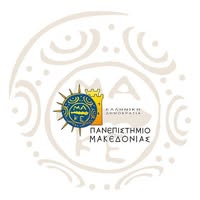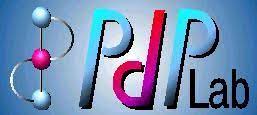Metaheuristics Techniques
Under Construction!
Metaheuristic optimization deals with optimization problems using metaheuristic algorithms. Optimization is essentially everywhere, from engineering design to economics and from holiday planning to Internet routing. As money, resources and time are always limited, the optimal utility of these available resources is crucially important. Most real-world optimizations are highly nonlinear and multimodal, under various complex constraints. Different objectives are often conflicting. Even for a single objective, sometimes, optimal solutions may not exist at all. In general, finding an optimal solution or even sub-optimal solutions is not an easy task. Metaheuristic algorithms are computational intelligence paradigms especially used for sophisticated solving optimization problems.
First, metaheuristic algorithms were divided according to metaphor based and non-metaphor based in order to differentiate between them in searching schemes and clarify how the metaphor based algorithms simulate the selected phenomenon behavior in the search area. The major algorithms in each metaphor subcategory are discussed including: Genetic Algorithm (GA), Particle Swarm Optimization (PSO), Water Waves Optimization (WWO), Clonal Selection Algorithm (CLONALG), Chemical Reaction Optimization (CRO), Harmony Search (HS), Sine Cosine Algorithm (SCA), Simulated Annealing (SA), Teaching-Learning-Based Optimization (TLBO), League Championship Algorithm (LCA), and others. Also, some non-metaphor based metaheuristics are explained as Tabu Search (TS), Variable Neighborhood Search (VNS). Second, different variants of metaheuristics are categorized into improved metaheuristics, adaptive, hybridized metaheuristics.
A metaheuristic algorithm is a search procedure designed to find, a good solution to an optimization problem that is complex and difficult to solve to optimality. It is imperative to find a near-optimal solution based on imperfect or incomplete information in this real-world of limited resources (e.g., computational power and time). The emergence of metaheuristics for solving such optimization problems is one of the most notable achievements of the last two decades in operations research.
Metaheuristics have been showing interesting results in solving hard optimization problems. However, they become limited in terms of effectiveness and runtime for high dimensional problems. Thanks to the independency of metaheuristics components, parallel computing appears as an attractive choice to reduce the execution time and to improve solution quality. By exploiting the increasing performance and programability of graphics processing units (GPUs) to this aim, GPU-based parallel metaheuristics have been implemented using different designs.




